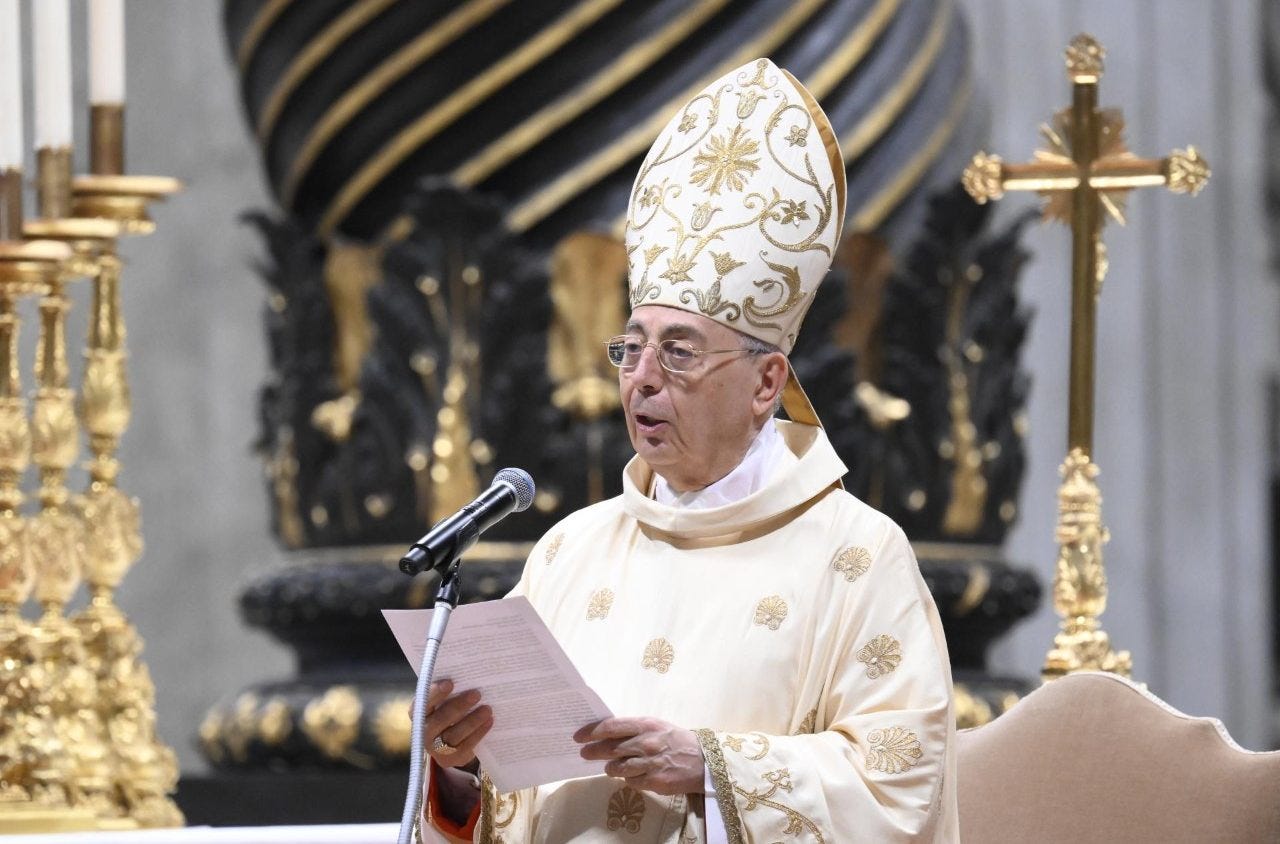In the final 24 hours before the papal conclave begins, conversations around the prospective candidates have risen to fever pitch.
After a week of gathering momentum, the swell of support behind Cardinal Robert Francis Prevost appears to have stalled, with Honduran Cardinal Oscar Rodriguez Maradiaga reportedly leaving Rome in frustration after failing to…

